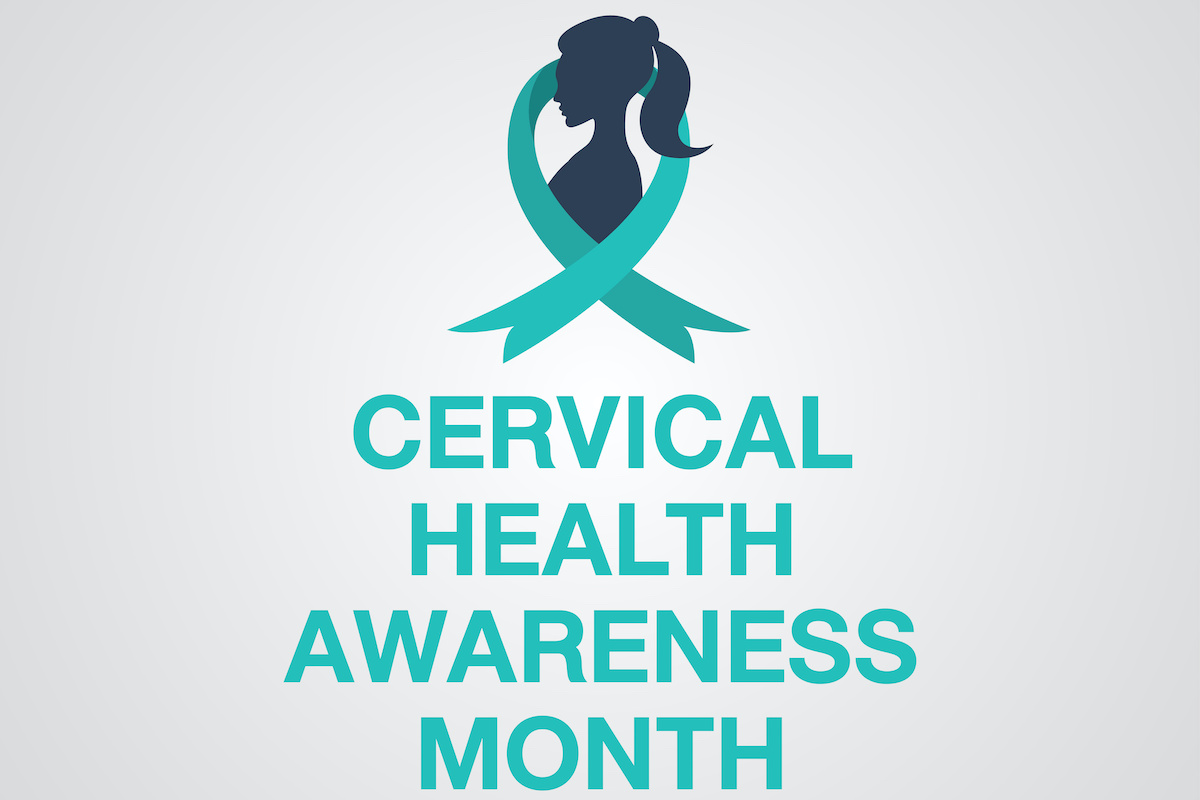According to the Centers for Disease Control and Prevention (CDC), about 12,000 women in the United States get cervical cancer. The leading cause of cervical cancer is the human papilloma virus (HPV), a common type of sexually transmitted disease. That’s why Cervical Health Awareness Month each January was established. Raising awareness about HPV and cervical cancer is a crucial part of helping women educate themselves on how they can protect themselves.
1. HPV Causes More than Cervical Cancer
HPV is a very common virus that is transmitted through sexual contact. According to the National Cervical Cancer Coalition (NCCC), there are approximately 14 million new cases of sexually transmitted HPV each year in the US. And experts estimate that at least 79 million people in the country are currently infected.
Most HPV cases resolve on their own without complication. That’s because there are different strains, or types, of HPV, and not all cause serious symptoms. Some strains of HPV do create symptoms and are linked to more serious conditions. Certain types of HPV can cause genital warts. Those types are not linked to cancer, though.
The types of HPV linked to cervical cancer can also cause cancer in other parts of the body. This includes:
- Oropharyngeal cancers
- Tonsils
- Back of the throat
- Tongue
- Vulvar cancer
- Vaginal cancer
- Penile Cancer
2. The HPV Vaccine Can Protect You From Cancer-Causing Strains
Practicing safer sex and using latex condoms can reduce your risk of HPV transmission through sexual contact. However, the best way to protect against the HPV strains that most often cause cancer is to get the HPV vaccine. The HPV vaccine can be given to both men and women.
According to the CDC, the guidelines for HPV vaccination are:
- HPV vaccination is recommended for children age 11 to 12. It can be given starting at the age of 9.
- At these ages, the vaccine is given in two doses. The second dose needs to be given 6 – 12 months after the first dose.
- Teens and young adults can also get the HPV vaccine. It is recommended for everyone through the age of 26.
- Adults over the age of 26 can get the vaccine, but it is not recommended for everyone. If you’re over 26, ask your OB/GYN whether you are a good candidate for vaccination.
3. Certain Factors Can Increase Your Risk
Some people may have a higher risk of contracting HPV and cervical cancer. However, you should note that having a risk factor doesn’t mean you’ll get HPV. The following factors are linked to an increased risk of HPV infection:
- Having many sexual partners
- Sexual activity at a young age (younger than 18 years)
- Having a partner that has HPV or is considered high-risk
- Smoking
- Having a weakened immune system
- Poor diet
- Pregnancy before age 20
- Chlamydia infection
If any of these factors apply to you, make sure you follow your doctor’s recommendations for HPV and cervical cancer screening. They can also advise you on ways to lower your risk.
4. Screenings Can Save Lives
According to the American Cancer Society, cervical cancer was one of the most common causes of cancer death for American women. However, the number of cancer deaths from cervical cancer has gone down significantly in the last decades due to the increased use of the Pap test. This test is used to detect changes in cervical cells that can indicate HPV infection, pre-cancer, or invasive cancer.
Pap tests and HPV tests have helped reduce the number of life-threatening cases because they detect cell changes before cancer develops or becomes invasive. Early detection means that treatment is more effective.
The American College of Obstetricians and Gynecologists (ACOG) has details on the official guidelines for cervical cancer screening. But you should consult your physician to make sure you are following the most common guidelines for HPV and cervical cancer screening.
Contact Raleigh OB/GYN Centre
The physicians, nurses, and medical staff at Raleigh OB/GYN offer a comprehensive list of gynecological and obstetric services to the women of the Raleigh, NC area. If you have questions about cervical health or cervical cancer screenings, call our office at (919) 876-8225 to make an appointment.


